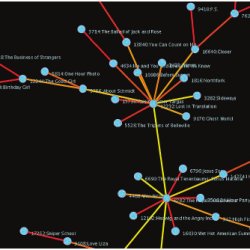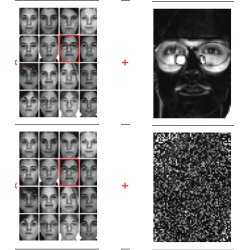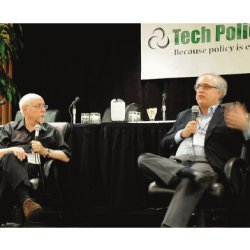Competitions Aim to Create Interest in Cybersecurity
News
Cloud Computing Spurs New Encryption Solutions
Mining Virtual Worlds to Better nderstand Reality
IT Drives Policy – and Vice Versa
U.S. Unveils Cybersecurity Plan
How to Harness Petaflop Performance
Practice Makes Perfect, Even For Brain-Controlled Prosthetics
Shape-Shifting Material Suggests Morphable Hardware
How Computing Is Changing Journalism
Award-Winning Paper Reveals Key to Netflix Prize
Contemporary Approaches to Fault Tolerance
Are We Losing Our Ability to Think Critically?
Shape the Future of Computing
ACM encourages its members to take a direct hand in shaping the future of the association. There are more ways than ever to get involved.
Get InvolvedCommunications of the ACM (CACM) is now a fully Open Access publication.
By opening CACM to the world, we hope to increase engagement among the broader computer science community and encourage non-members to discover the rich resources ACM has to offer.
Learn More




















